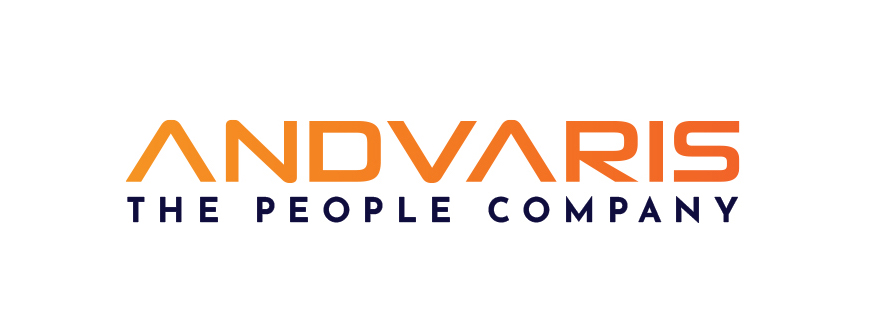The McKinsey Global Institute has recently highlighted the far-reaching changes expected to impact the US workforce, from now until 2023. In an article summarizing their key findings, they note that automation – including the development of Generative Artificial Intelligence (AI) – could replace up to 30% of the tasks currently carried out in the American workforce.
Generative AI is expected to profoundly affect professional roles, such as software coding, marketing, and legal contracts, while also being used to automate customer service tasks, such as chatbot interactions. This level of automation could provide a substantial boost to US productivity and GDP, increasing the current levels by between 0.5 to 0.9 percentage points (midpoint).
As automation transforms the workforce, it has already had an impact on job sectors affected by the pandemic, with 8.6 million workers switching occupation. To meet the demands of the labor marker after the pandemic, employers must be more creative with their hiring practices, favoring workers with the skills necessary for the roles needed.
The report also identifies a pressing “skills gap”, necessitating access to training and support to help workers move between occupations. Recruit-Train-Deploy models could be one such solution – you can
